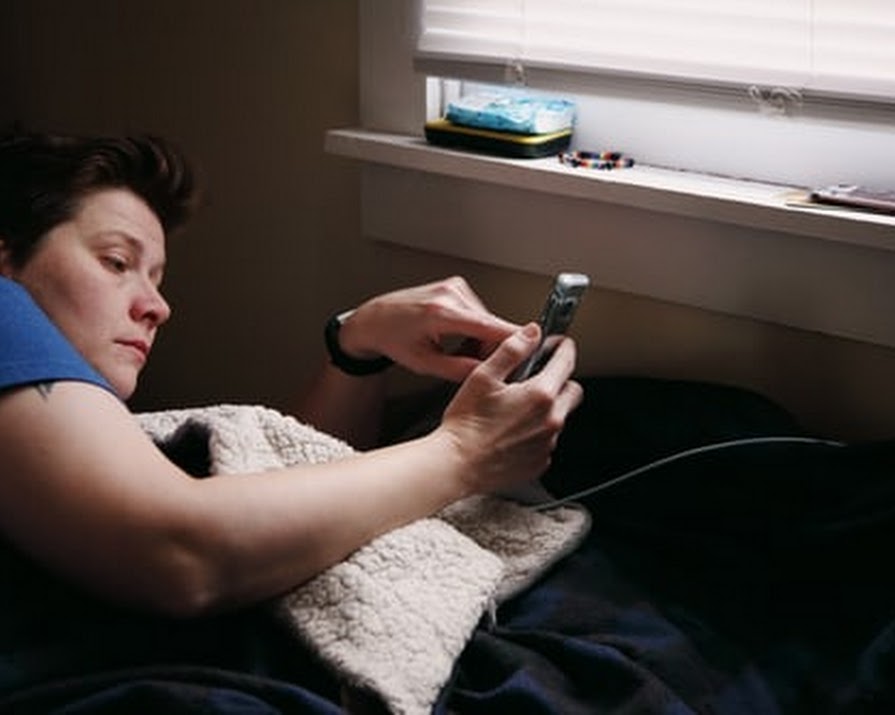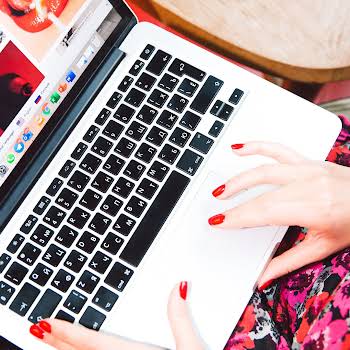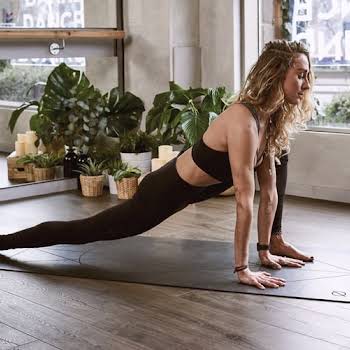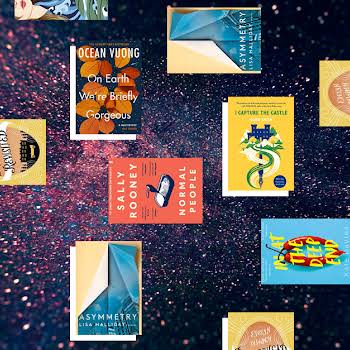
By Erin Lindsay
15th Oct 2020
15th Oct 2020
Distancing yourself from constant Covid chatter can have a real positive effect on your mental wellbeing
Nearing the end of the week, it’s entirely likely that you’re feeling burnt out, fatigued and really anxious right now. Like every week since the beginning of March, the last seven days has seen a lot of concerning headlines, leading to incessant rumours and chatter on social media, and it can feel like there’s no escaping the virus, even in your own home.
As important as it is to keep yourself physically safe from contracting Covid-19, it’s equally important to make sure that you’re looking after your mental health too. This has been an incredibly difficult few months, and unfortunately, things won’t be going back to normal as we know it for a long time. It’s crucial that you find a way of coping that works for you, so that you can continue to keep yourself and those around you safe.
You may think that keeping yourself informed of every update when it comes to Covid is important, and so end up spending an inordinate amount of time on social media. This isn’t always the best strategy to keep yourself safe, and often, can have the opposite effect when it comes to your mental wellbeing. Social media, while an amazing tool for so many things, is not always the best use of your time when it comes to mental health, and now more than ever, it’s important that you’re using it safely.
We are currently in information overload when it comes to Covid – every social media feed, news website and blog is overrun with content relating to the virus. There is a lot of useful and practical information out there, but with this amount of coverage, it can get lost in the sea of Covid-related chatter. You’re constantly trying to keep up to date with what’s going on, but the longer you spend scrolling, the worse you feel. Sound familiar?
Often, those presenting with the most Covid-related anxiety tend to be those who spend the most time online researching the virus and talking about it on social media. Anxiety at its root is a feeling of being unsafe, which your brain can build upon to give you feelings of extreme stress. The media right now is wall-to-wall Covid, and most of the news is not positive. This type of constant negative content drives anxious thoughts, and it can be very easy to fall into a cycle of anxiety that you’re unsure how to break free from.
If you’re stuck in a rut of constantly refreshing your feed, it can be difficult to wean off that routine and begin a new one. Here are some ways I’ve found to help:
Designate set times to scroll
Set yourself a time limit each day to spend on social media and on news websites. Try and keep your daily scrolling to around the same time each day – maybe it’s the first thing you do when you wake up, or maybe it’s how you spend your lunch break. This is your time to get all the updates and new information you need for the day, to make sure you’re informed, and then to switch off. Once your designated time is up, stay away from Covid-related news for the day. When you’re chatting to others, or watching TV, turn the direction towards a more positive topic.
Get your sources straight
When you do log on, try and avoid the mass of unverified chatter about the virus, and go straight to sources you can trust. Health organisations such as the HSE or WHO will have clear, practical updates on the virus itself, while trusted news websites will give you the daily information you need to know. If you’re using social media, follow journalists that you know and trust.
Take up a new hobby
If you’re done with social media for the day, but keep finding yourself tempted to log back on, it’s really important to have a distraction. Did you take up a new hobby or pastime during lockdown that you’ve since forgotten about? Why not pick it up again, or better yet, a whole new hobby? There are countless online tutorials and classes to teach yourself a new skill at home, and it’s a much better use of your time on the internet.
Keep your evenings free
Any time throughout the day is great to update yourself on the news, but try and keep your evenings and nights free from social media. Use this time to wind down and relax. Filling your brain with Covid-related news right before bed is a surefire way to disrupt your sleep and leave you feeling worse than before. Treat the couple of hours leading up to bed time as total relaxation time, with little to no screens – reading a book is a better option, or listening to music.
Read more: How are six of Ireland’s leading wellness experts keeping their head right now?
Read more: Pandemic panic: How to spot false information about Covid online (and make sure it doesn’t affect your mental health)
Read more: 5 hikes for beginners in Ireland to do this weekend























